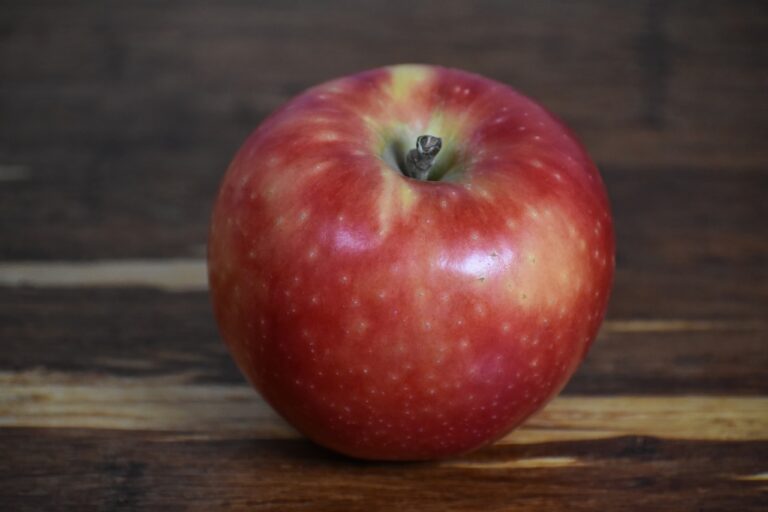Blockchain Technology in the Grocery Supply Chain: 11xplay pro, 24 betting login india, Skyinplay live login
11xplay pro, 24 betting login india, skyinplay live login: Blockchain Technology in the Grocery Supply Chain
The grocery industry is a complex and interconnected network of suppliers, distributors, retailers, and customers. With perishable products, changing consumer preferences, and a global supply chain, it can be challenging to maintain transparency and efficiency throughout the entire process. However, blockchain technology is poised to revolutionize the way groceries are sourced, tracked, and delivered to consumers.
What is Blockchain Technology?
Blockchain technology is a decentralized, distributed ledger system that securely records transactions across a network of computers. Each transaction is recorded in a “block” that is linked to the previous block, creating a chain of blocks. This technology ensures that data is secure, transparent, and immutable, making it an ideal solution for industries like the grocery supply chain.
Benefits of Blockchain Technology in the Grocery Supply Chain
1. Enhanced Traceability: With blockchain technology, every step in the supply chain can be recorded and tracked in real-time. This allows retailers and consumers to trace the journey of their groceries from farm to table, ensuring authenticity and quality.
2. Improved Transparency: By using blockchain technology, all parties involved in the supply chain have access to the same information. This transparency reduces the risk of fraud, counterfeit products, and food safety issues.
3. Increased Efficiency: Blockchain technology streamlines the supply chain by automating processes and reducing the need for manual paperwork. Smart contracts can be used to automatically execute agreements between parties, speeding up transactions and reducing costs.
4. Enhanced Food Safety: With blockchain technology, food recalls can be conducted quickly and efficiently. By tracking the source of contaminated products, retailers can pinpoint the issue and remove affected items from shelves, preventing widespread outbreaks.
5. Reduced Food Waste: By accurately tracking inventory levels and expiration dates, retailers can reduce food waste and optimize their supply chain. With real-time data, grocery stores can identify surplus products and redistribute them before they spoil.
6. Secure Payments: Blockchain technology enables secure and transparent payment transactions between suppliers, distributors, and retailers. This eliminates the need for intermediaries and reduces the risk of payment disputes.
Implementing Blockchain Technology in the Grocery Supply Chain
To implement blockchain technology in the grocery supply chain, companies need to collaborate with technology partners and industry leaders. By creating a consortium of stakeholders, companies can develop a blockchain platform that meets the specific needs of the industry. This platform should incorporate features like data encryption, permissioned access, and smart contracts to ensure security and efficiency.
Once the blockchain platform is implemented, companies can begin digitizing their supply chain processes. By recording transactions on the blockchain, companies can track the movement of products, verify authenticity, and automate payments. This streamlined approach reduces administrative overhead, increases trust between parties, and improves overall supply chain visibility.
Challenges of Implementing Blockchain Technology in the Grocery Supply Chain
While blockchain technology offers many benefits to the grocery supply chain, there are also challenges to consider. Integration with existing systems, scaling the technology to meet industry demands, and ensuring data privacy are all factors that need to be addressed when implementing blockchain in the grocery industry.
Additionally, educating stakeholders about the benefits of blockchain technology and gaining their buy-in can be a challenging process. Companies need to invest in training programs, demonstrations, and pilot projects to showcase the value of blockchain in the grocery supply chain.
FAQs
1. How does blockchain technology improve traceability in the grocery supply chain?
Blockchain technology records every transaction in the supply chain, creating an immutable record of the journey of each product. This allows retailers and consumers to trace the origins of their groceries, ensuring authenticity and quality.
2. Can blockchain technology reduce food waste in the grocery industry?
Yes, blockchain technology can reduce food waste by accurately tracking inventory levels, expiration dates, and product movements. By optimizing the supply chain and redistributing surplus products before they spoil, companies can minimize food waste and maximize efficiency.
3. Is blockchain technology secure for payment transactions in the grocery supply chain?
Yes, blockchain technology ensures secure and transparent payment transactions between suppliers, distributors, and retailers. By using encrypted data and smart contracts, companies can minimize the risk of payment disputes and fraud.
In conclusion, blockchain technology has the potential to transform the grocery supply chain by enhancing traceability, transparency, efficiency, food safety, and payment security. Companies that embrace this technology and collaborate with industry partners will be well-positioned to succeed in the evolving grocery landscape.







